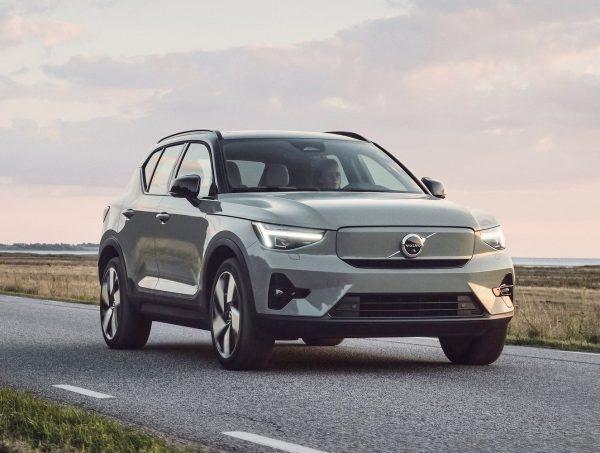EVs are exempt from road tax for now, but what happens in just a few short years?
Many governments around the world are allowing for tax incentives to encourage electric vehicle (EV) ownership and Malaysia is no exception. Right now, EVs are tax-exempt, which allows manufacturers to price them competitively against petrol powered vehicles of equivalent spec and output. What’s more, the government has given EVs road tax exemption until the end of 2025, meaning you can drive around a Mercedes-Benz EQC 400 with over 400hp and 760Nm of torque and pay less annual road tax than a Perodua Axia owner!

However, what happens when 2026 rolls around? While JPJ uses an antiquated engine displacement based system for petrol, diesel and hybrid vehicles, the calculate electric vehicle road using the power output of the motors.

This EV road tax system uses kilowatts as its metric and it’s a bit like your TNB bill – there are tiered rates and per unit rates… here’s a breakdown.
| Saloon Cars | Non-Saloon Cars | |
| <50kW | RM20 | RM20 |
| 50kW-60kW | RM44 | RM42.50 |
| 60kW-70kW | RM56 | RM50 |
| 70kW-80kW | RM72 | RM60 |
| 80kW-90kW | RM160 + RM0.32/0.05kW beyond 80kW | RM165 + RM0.17/0.05kW beyond 80kW |
| 90kW-100kW | RM224 + RM0.25/0.05kW beyond 90kW | RM199 + RM0.22/0.05kW beyond 90kW |
| 100kW-125kW | RM274 + RM0.50/0.05kW beyond 100kW | RM243 + RM0.44/0.05kW beyond 100kW |
| 125kW-150kW | RM524 + RM1.00/0.05kW beyond 125kW | RM463 + RM0.88/0.05kW beyond 125kW |
| Above 150kW | RM1,024 + RM1.35/0.05kW beyond 150kW | RM903 + RM1.20/0.05kW beyond 150kW |
Yes, it’s confusing. Thankfully, the people at Paultan.org have done the calculations for each of the EVs on sale in Malaysia. Some key takeaways from their calculations: almost no premium electric vehicle is going to be cheap to run once road tax comes back into the picture. Only the MINI Electric and Mercedes-Benz EQA have a sub-RM1,000 per year road tax (RM724 and RM727 respectively). All other premium electric vehicles are actually extremely expensive to keep running.

For BMW, the iX3 is the least expensive at RM2,343 per year, with most popular models costing around RM3,000 annually in road. The higher output iX xDrive50 and i4 M50 are RM6,543 and RM7,774 a year to run.

Mercedes-Benz fares a little better. Cars like the flagship EQS cost RM3,589 in annual road tax. The EQC, cheaper than Axia on road tax today, is RM4,503 per year to keep running past 2026.

Volvo may have been quick to hitting the compact premium EV space with the XC40 and C40 Electric models, but each will cost RM4,503 a year to keep running thanks to their high output motors.

Of course, Porsche Taycan models will top this chart, but we can expect Porsche owners to be able to afford higher road tax rates, given the relative high displacement of Porsche engines. Still, there are some absurdities like with the Taycan Turbo models, which cost over RM10,000 a year to keep running using JPJ’s current EV road tax calculations.

So, what’s the conclusion here? Did JPJ get their formulation wrong? After all, half the table above is inapplicable to most of the EVs available and the rates get expensive much quicker with EVs than they do with petrol engines. Then again, EVs are still relatively expensive toys for the rich and upper middle class, so maybe the road tax is made to reflect that reality. Perhaps there will be a new formulation by the time 2026 rolls around. For now, start setting aside some cash for your upcoming road tax payments or consider swallowing the lost value when you trade your high performance EV for a cheaper-to-run V8.